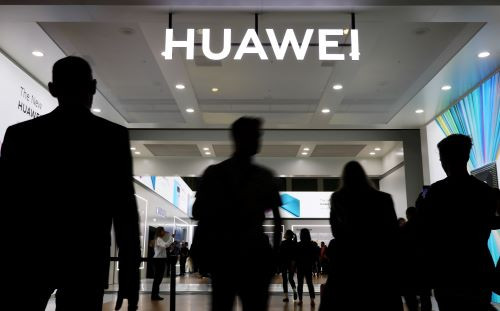Professor and lead engineer of a computer chip design project at Stanford University Patrick Yue claimed that China could dominate the technology industry by producing more semiconductors initially sourced from American firms.
Yue spoke with BBC News and shared that he and his team had been designing optical communication chips that use light in transferring information instead of the usual electric signals.
Yue claimed that this type of technology is what 5G smartphones need along with other internet-connected gadgets. His project is part-funded by Huawei, China's leading tech giant.
He then added that the country is facing a delay in its technological developments since the US-China trade war greatly affected the global technology supply chain.
According to Yue, both the US and China have bargaining power since China cannot completely create smartphones without the intervention of US-based companies that supply the units' semiconductors.
Thus, he then suggested that China may rule the technological industry once it decides to become self-sufficient in the technology market. He believed that the country is both the world's largest importer and consumer of the affected semiconductors and would develop a competitive advantage if it starts creating the technology internally.
The report indicated that in October of last year, China has already laid out $29 billion USD as support for the semiconductor industry. According to Silicon Valley historian and artificial intelligence researcher at Piero Scaruffi, China already has the engineers that could make it self-sufficient when it comes to computer chip generation.
Scaruffi then added that the disadvantage for China being self-sufficient in the computer chip industry is the uncertainty that it can create the same level of quality as those developed by foreign providers, reported Post of Asia.
He then exclaimed that China is 10 years behind the technological advancement that its leading producers are on when it came to high-end computer chips. He claimed that the Taiwanese Semiconductor Manufacturing Company (TSMC) produces about 70 percent of the chips utilized by third-party companies such as Huawei.
Yue then suggested that his team is currently finding ways to replicate the successful business models used by Samsung in being self-sufficient with its own computer chips.
President of Huawei's handset business and lifelong employee of the company Li Changzhou, the company only wishes to satisfy its consumer needs and is currently open to acquiring computer chips supplied by Qualcomm.
The report then revealed that China has been looking to dominate the technological sectors with artificial intelligence and 5G networks. It claimed that these developments may significantly increase the demand for high-end computer chips that may push China to create its own.





